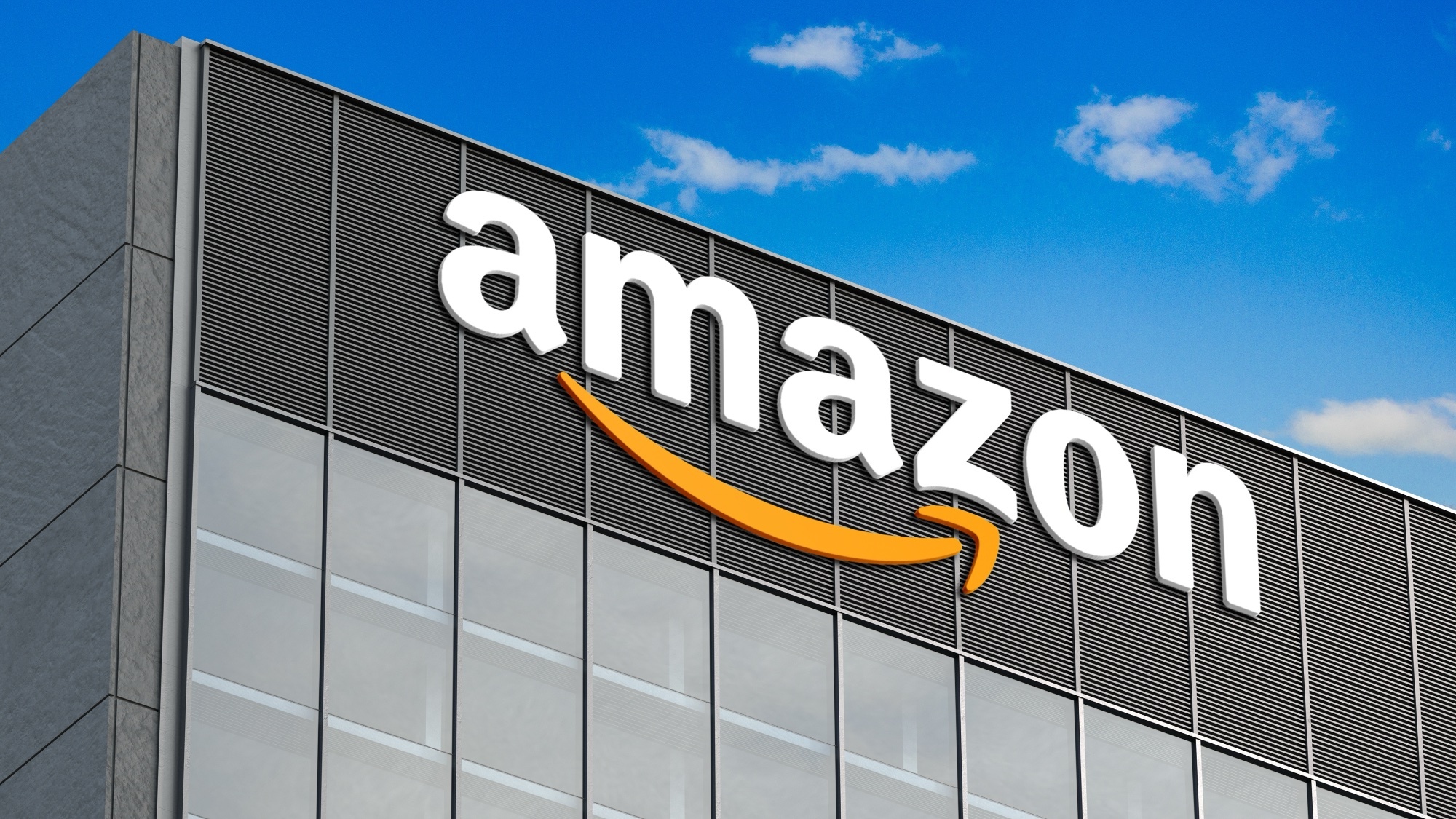Amazon found responsible for sale of hazardous 3rd-party products — ordered to recall 400,000 items
What you need to know

Amazon has been deemed responsible for dangerous or faulty products sold by third-parties on Amazon.com after a unanimous vote by the U.S. Consumer Product Safety Commission (CPSC) on Tuesday (July 30).
The vote determined that Amazon is a "distributor" and thus liable for any products that are found defective or hazardous. With the ruling, Amazon now bears the legal responsibility for any products that require a recall or destruction.
In an announcement the U.S. regulator said that over 400,000 products are subject; these include such items as carbon monoxide detectors that don't sound alarms, hairdryers without electrocution protection and children's pajamas that were found to be highly flammable.
"Amazon failed to notify the public about these hazardous products and did not take adequate steps to encourage its customers to return or destroy them, thereby leaving consumers at substantial risk of injury," the agency said.
Earlier this year, Amazon reported that more than 60% of sales on the marketplace come from 'independent sellers.' The battle to determine liability has been going on for over three years.
The CPSC first sued Amazon in 2021 claiming that the company distributed products that posed a "substantial hazard." The agency was cracking down on Amazon because of its lack of response to dangerous products.
Amazon argued that the company is not a distributor of products "within the meaning of the Consumer Product Safety Act" and therefore wasn't responsible for third-party items, though it did acknowledge there were hazardous items in the marketplace.
Sign up to get the BEST of Tom's Guide direct to your inbox.
Get instant access to breaking news, the hottest reviews, great deals and helpful tips.
Today’s vote to file an administrative complaint against Amazon was a huge step forward for this small agency,” said Acting Chairman Robert Adler said in 2021. “But it’s a huge step across a vast desert—we must grapple with how to deal with these massive third-party platforms more efficiently, and how best to protect the American consumers who rely on them.”
An administrative law judge ruled against Amazon, determining that the company is a distributor and that the company's actions were "inadequate to protect the public." This was a call out of Amazon's current policy which involves warning customers about "potential" safety issues and providing an Amazon credit.
“We are disappointed by the CPSC’s decision," said an Amazon spokesperson. "We plan to appeal the decision and look forward to presenting our case in court. When we were initially notified by the CPSC three years ago about potential safety issues with a small number of third-party products at the center of this lawsuit, we swiftly notified customers, instructed them to stop using the products, and refunded them.
“In the event of a product recall in our store, we remove impacted products promptly after receiving actionable information from recalling agencies, and we continue to seek ways to innovate on behalf of our customers. Our recalls alerts service also ensures our customers are notified of important product safety information fast, and the recalls process is effective and efficient.
“We stand behind the safety of every product in our store through our A-to-z Guarantee, regardless of whether it is sold by Amazon or by one of our selling partners. We have proactive measures in place to prevent unsafe products, and we continuously monitor the listings in our store. If we discover an unsafe product available for sale, we address the issue immediately, and refine our processes.”
Due to the ruling, Amazon must now work with the CSPC and submit plans to notify consumers about the products subject to the order and how they will remove them from the marketplace via recall or destruction.
Consumer Reports' advocacy group released a statement praising the ruling by the CPSC. "This is clearly the right decision," said Oriene Shin, policy counsel for Consumer Reports. "There’s no good reason for a company to be exempt from these sensible requirements just because it hosts an online marketplace; otherwise, products that could injure or kill people might slip through the cracks. Consumers are affected either way, and need the company to step up."
They added that they believed Amazon should give up the legal battle with CPSC and get to acting on the ruling quickly so that consumers can be protected.
More from Tom's Guide
- Intel laying off 15,000 employees and slashing R&D in biggest cuts ever
- Forget ChatGPT — Amazon reportedly working on new 'Metis' chatbot that could be your AI agent
- Amazon is losing billions of dollars on Alexa and Echo. Here's 3 ways it can turn things around

Scott Younker is the West Coast Reporter at Tom’s Guide. He covers all the lastest tech news. He’s been involved in tech since 2011 at various outlets and is on an ongoing hunt to build the easiest to use home media system. When not writing about the latest devices, you are more than welcome to discuss board games or disc golf with him.










